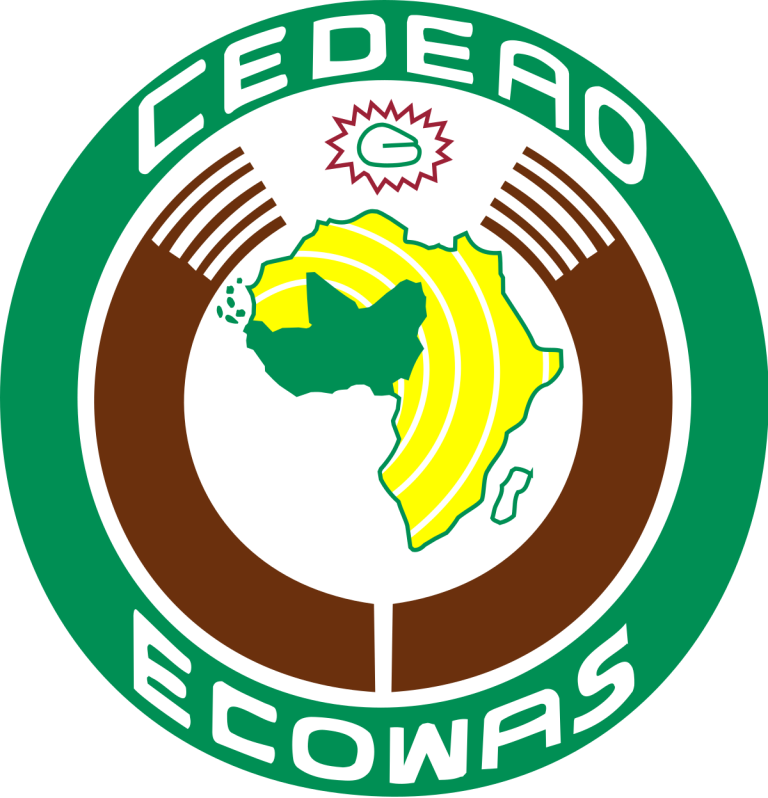Justice Dupe Atoki, Deputy President, ECOWAS Community Court of Justice, says women need to be empowered educationally to stop being marginalised.
Atoki said this at the Women’s Forum of the ECOWAS Community Court of Justice to celebrate the International Women’s Day (IWD) marked every March 8.
“Women will continue to be marginalised in every innovation if we do not begin to empower them educationally because that’s the bedrock.
“You need to be educated to be able to use technology to be able to use the digital process.
“So today is a day in which we recognise again, the vulnerability of women and what we can do ourselves to help ourselves in educating women in supporting women, in encouraging governments to set up educational systems,” she said.
Atoki said she believed that women would rise gradually with determination and constant support.
In his goodwill message, Mr Anthony Ojukwu, Executive Secretary of the National Human Rights Commission, said the commission celebrated the resilience and strength exhibited by women.
Ojukwu also said the commission welcomed the emergence of technology, innovation and education in the digital age as a motivation for achieving gender equality and empowerment of women and girls.
“Technological innovation and education have the potential to help bridge the gender gap in society.
“The use of technology can increase access to quality education for women by providing online educational resources and tools,” he said.
The executive secretary also said increasing access to quality education for women created opportunities to build successful businesses and engage in meaningful economic, political and social discourse.
He, however, said traditional gender roles exacerbated by cultural and social barriers were also serious impediments for women’s access to technology, education and innovation.
“The information technology sector in the country is still dominated by men with a few women participating in the sector.
“It needs to be emphasised that increasing women participation in the technology sector is one of the surest ways of taking women out of economic disempowerment and strike the right balance between men and women in the technology sector for income equality,” Ojukwu said.
More so, he urged stakeholders to work together to promote access to technology, education and training for women and girls.
Also, Mrs Maryrose Oduche, Vice President, ECOPARL Amazon, said technology had come to stay with every transaction of process being digititalised.
“This you can see in banks, libraries, meetings. trainings, and even our code etc. This means that everyone, irrespective of gender, is expected to be part of the flow,” she said.
Oduche also said women could transform the society with men in all endeavours of life.
She said this could be done by women getting informed to empower one another with the right information.
“So, let us accelerate equality as women by looking inwards,” she said.
Also, Ms Janet Fasakin, Executive Director, Ability Plus Initiative, commended the ECOWAS Court for setting an example of what inclusivity meant.
“To the ECOWAS Community Court of Justice, thank you so much for setting a good example of an inclusive space.
“The court invited our community to this engagement and they also provided a sign language interpreter to bridge the communication gap,” she said.
Fasakin also called on activists to stand up for women and girls with disabilities.
“Embrace and give us equal assets. Equity means creating an inclusive ward for all including women and girls with disabilities.
“Now, I would encourage us all to embrace equity, to think about equity,” she said.
